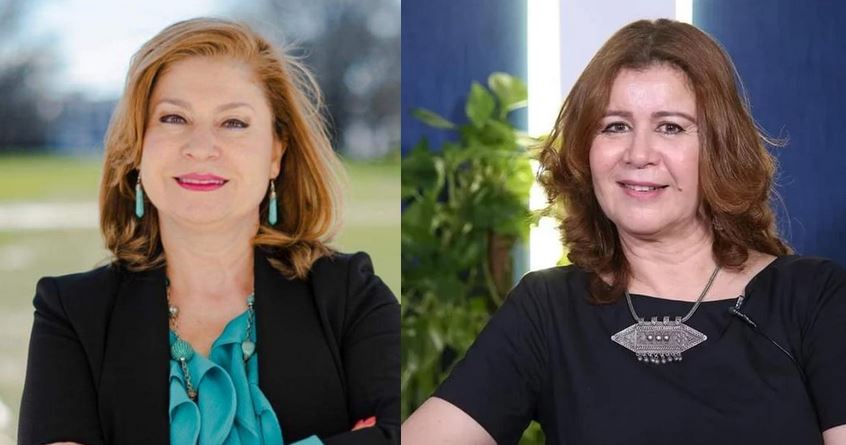Ibn Rushd Lecture with Amel Grami and Hannadi Al-Samman
We cannot understand what “femininity” and “masculinity” mean in a given society outside social structures, gender norms, and the support of different roles for females and males. There is no universal set of norms and expectations about what it means to be masculine. The concept of “masculinity” varies across time and social and cultural contexts, and within different social groups and networks, with men “performing” their “masculinity” differently and inconsistently. Women, however, have an important role in interpreting, reaffirming and recreating masculinity, particularly in their interactions with men. And just as “masculinity” is defined by its relationship to femininity- meaning men perform their masculinity by being ‘not-feminine’, femininity is constructed as an opposite to that which is considered ‘masculine’.
What are the most manifestations of “masculinity” and “femininity” in contemporary Arab culture? How did the rising influence of social media and the 2011 uprisings impact the concepts of “masculinity” and “femininity“?
We will discuss these questions in our forthcoming lecture with Dr. Amel Grami and Dr.Hanadi Al-Samman.
Register in advance for this meeting:
https://us06web.zoom.us/meeting
About the speakers:
Dr Amel Grami is a university professor at the Faculty of Letters, Arts and Humanities at Manouba University, Tunisia. She is also a human rights activist and writer. Grami is the Chair of the MA in Gender, Culture and Society at the University of Manouba.
Grami is a member of several local and international academic institutions, including:
Women’s Alliance for Security Leadership (Wasl), International Civil Society Action Network (ICAN) for Women’s Rights, Peace and Security, the Global Women’s Coalition to Combat Violence Against Girls and Women, and a member of the Advisory Board of the University of Warwick, UK, for Literary and Cultural Studies.
Grami published many books and articles in academic journals, including Freedom of Belief in Islam. (1997), Asian Islam (2006), “Difference in Arab-Islamic Culture: A Gender Study (2007), Women’s Movements in Tunisia,” (2010) “Women and Terrorism, a Study of Gender (2017) and “Types of Masculinity” ( 2022). Grami is the head of the Literature, Books and Publishing Subcommittee and was in charge of awarding the 2021 Literary and Artistic Creativity Encouragement Grant and, since 2018, the editor-in-chief of the Arabic section of the ‘Insanayat’ magazine, specializing in social affairs, sciences and humanities in Tunisia. Grami Published the first peer-reviewed journal on gender studies in the Arab World, “Adassat Jandaria”, and was the editor-in-chief of the first issue in August 2021.
Dr Hanadi Al-Samman is an associate professor of Arabic Language and Literature in the Department of Middle Eastern and South Asian Languages and Cultures at the University of Virginia. Al-Samman is the author of Anxiety of Erasure: Trauma, Authorship, and the Diaspora in Arab Women’s Writings (2015). She has published several articles in the Journal of Arabic Literature, Women’s Studies International Forum, Alif: Journal of Comparative Poetics, and Mapping Arab Women’s Movements edited collection. Al-Samman co-edited the International Journal of Middle East Studies’ special issue, “Queer Affects” (2013) and Beloved: Love and Languishing in Middle Eastern Literatures and Cultures. London: I.B. Tauris (2017).
She had a Fulbright Scholarship (1990-1992), a Woodrow Wilson Career Enhancement Fellowship (2009-2010), a Virginia Foundation for the Humanities Residential Fellowship (2009-2010), was a Mellon Humanities Fellowship (2015-2016) recipient, and is the past President of the Association for Middle East Women’s Studies (AMEWS).
Moderation: Dr. Amany Alsiefy (Ibn Rushd for Freedom of Thought, board member). The lecture will be on Zoom on Saturday, July 29, 2022, at 7 pm. The lecture will be held in Arabic.
Register in advance for this meeting:
https://us06web.zoom.us/meeting




